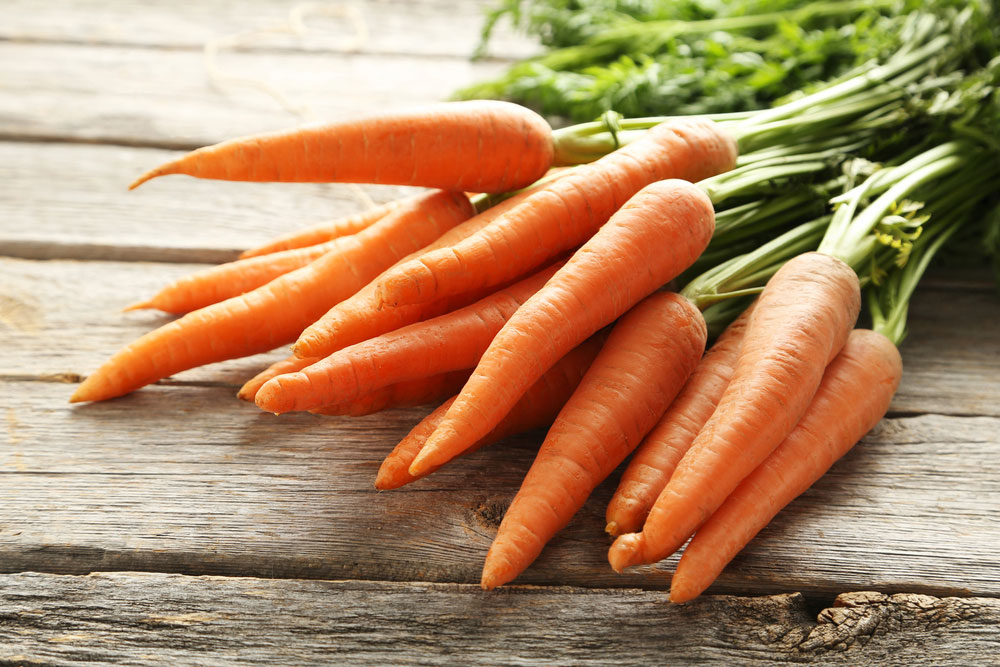Asthma is a lung disease that causes the airways to become narrow and inflamed, making it hard to breathe. Over 26 million people in the US suffer from this condition. Common symptoms include shortness of breath, wheezing, chest tightness, coughing, and hyperventilation during flare-ups, which are often triggered by infections, like cold and flu, smoke fumes and pollution, or allergies. Read on to learn how breathing issues, like asthma, can be reduced by certain foods:
1. Beans, seeds, and nuts
Beans, seeds, and nuts all contain good amounts of fiber and magnesium, which promote healthy lung function. They are also good for the cardiovascular system, as they contain essential fatty acids. Walnuts, for example, contain omega-3 fatty acids that have anti-inflammatory properties and can combat respiratory conditions.
2. Turmeric
Turmeric contains curcumin, which has strong anti-inflammatory properties and can therefore help relieve the chest tightness and inflammation of the airways associated with respiratory conditions, making it easier for those with asthma to breathe.
3. Carrots
Carrots are rich in vitamins A and C as well as beta carotene. These vitamins and antioxidants are useful for keeping the lungs healthy, reducing your risk of developing lung-related conditions.
4. Apples
Apples contain vitamins E and C, as well as flavonoids and antioxidants, which keep the lungs healthy and functioning. Studies have also shown that regularly consuming apples can reduce the risk of lung cancer.
5. Ginger
Ginger has anti-inflammatory properties that can lower the chances of lung inflammation and chest tightness. It additionally has detoxifying properties that can promote the elimination of pollutants from the lungs. Specifically, it can help break down and expel mucus from the chest. As such, ginger can help unclog air passages, relieve congestion, improve air circulation, and ultimately improve overall lung health.
6. Garlic and onions
Garlic and onions are great for the heart and the lungs. They both contain flavonoids that promote the production of glutathione, which can help flush toxins from the lungs. Garlic and onions also have anti-inflammatory properties that can lower cholesterol and reduce inflammation.
7. Cruciferous vegetables
Broccoli, cabbages, kale, and cauliflower are rich in chlorophyll and are full of effective antioxidants that can reduce inflammation in the lungs. Broccoli, for example, is high in vitamin C and other essential nutrients, like folate, that can improve lung health. These vegetables have also been shown to reduce the chances of lung cancer by half and can even potentially halt its progression.
8. Oranges
Oranges are rich in vitamin B6 and C, which help the lungs function better by fighting inflammation and infection. Oranges are also packed with lung-friendly antioxidants that remove toxins from the lungs, keeping them healthy.
9. Pumpkin
Like carrots, pumpkin is rich in vitamin C, beta carotene, potassium, and fiber, all of which contribute to maintaining lung health. It is also packed with antioxidants that may help combat lung cancer.
10. Peppers
Cayenne peppers contain capsaicin, which can help protect mucous membranes in the lungs. Peppers also contain beta-carotene, which can reduce symptoms associated with respiratory conditions, and mild peppers are rich in carotenoids that can reduce the chances of lung cancer.











